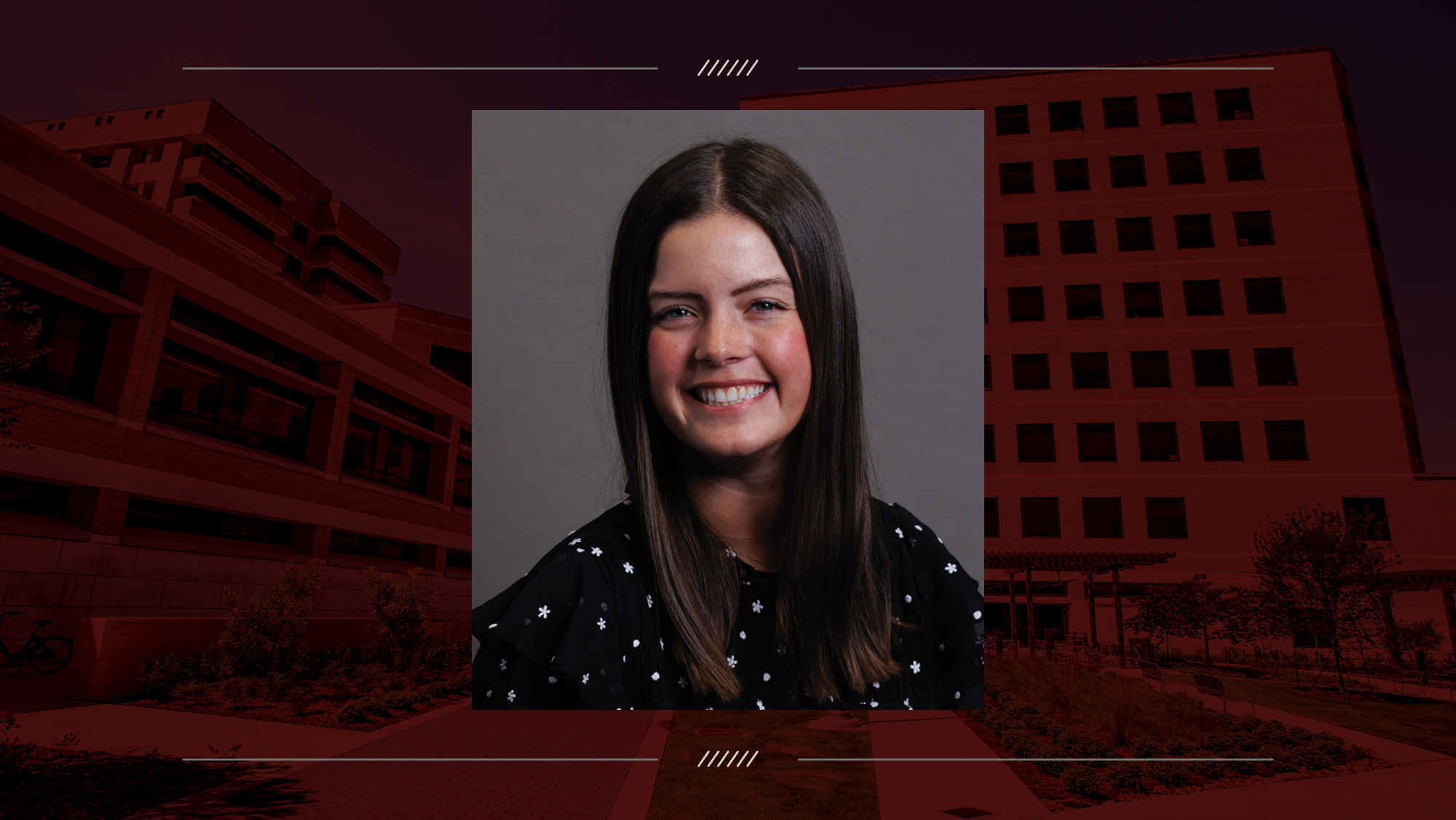
After writing an honors thesis and posting a 4.0 GPA, Abigail Chapman earned her bachelor’s in environmental engineering from the Zachry Department of Civil and Environmental Engineering at Texas A&M University. The NSF Graduate Research Fellowship, the American Water Works Association Hazen and Sawyer Scholarship, and her academic acumen will greatly benefit the pursuit of her master’s degree.
The NSF Graduate Research Fellowship provides three years of financial support to students pursuing research-based graduate degrees in STEM. The Hazen and Sawyer Scholarship is a $5,000 award for graduate-level candidates in water resources fields.
Chapman began working with Dr. Garrett McKay, a professor in the environmental engineering division of the department, in his lab during the spring semester of 2022. Soon after, she would begin working on her own research project for her honors thesis.
“One of the research areas we focus on is photochemical processes and environmental engineering,” McKay said. “This is a fancy way of saying reactions that are initiated by light.”
Chapman’s honors thesis focused on finding the best UV light and chlorine combinations to decontaminate water. Using different concentrations of chlorine and different wavelengths of light, her work narrowed down the most effective treatments to target certain contaminants.
“She was really self-motivated and independent,” McKay said. “I gave her suggestions and ideas, but it was mainly her driving it, and she did a really good job putting together a comprehensive data set.”
“I really enjoyed seeing the contaminants I use daily, like caffeine for example, be removed through the UV-chlorine interactions I was studying,” Chapman said. “I also tested other pharmaceuticals and personal care products that can get into our water streams easily through normal, daily use.”
Chapman’s experiments found that lower wavelengths of UV light, which are below the visible spectrum for humans, were most effective at targeting these contaminants.
“Dr. McKay was so helpful, teaching me about research and so much more,” Chapman said. “I probably wouldn’t even be going to grad school without joining his lab and learning from the Ph.D. and master’s students.”
Chapman also appreciated class and study abroad experiences with mentors like instructional professor Dr. Mara London and associate professor Dr. Francisco Olivera.
“Dr. London was a great professor and taught me what environmental engineering was really about,” Chapman said. “Dr. Olivera was the best study abroad professor, and he has helped me navigate graduate school and been a mentor for me ever since.”
The environmental engineering bachelor’s program has been part of the department’s curriculum for over five years and earned accreditation in 2021. Enrollment and graduation have steadily increased since then.
For her master’s degree, Chapman wants to work on low-cost water treatment resources for areas that do not have adequate water treatment or infrastructure.